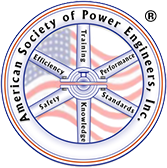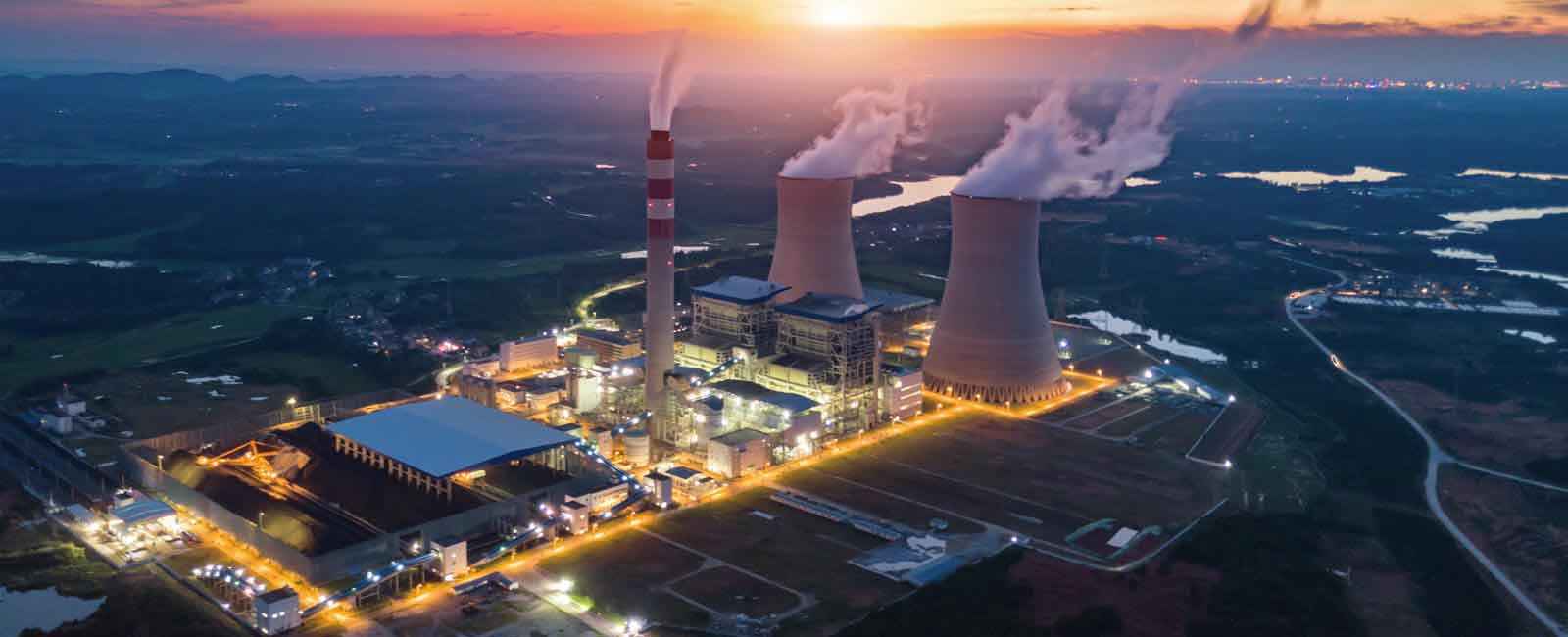Establishing National
Standards for Power Engineers.
Facility Operating Engineer - Chief
Are you interested or at a point where you want to pursue a career as a Facility Operating Engineer - Chief? ASOPE® offers an opportunity to obtain a Facility Operating Engineer - Chief license. A list of qualifications that are required to receive your Facility Operating Engineer - Chief license is outlined below. Requirements include a minimum age of 18+ (legal adult), a high school diploma (or GED equivalent), and 4 years minimum of experience as a Facility Operating Engineer and at least one year in the previous grade.
If all qualifications are met, you will be required to schedule an exam. The exam consists of a wide range of curriculum, including, but not limited to, advanced mathematics, lighting efficiency, steam system efficiency, advanced physics and chemistry, pump and valve maintenance, facility air quality control, and more (see list below). This examination will be part written test and part multiple choice with 100 questions. Upon completion of the Facility Operating Engineer - Chief license exam, an ASOPE® representative will notify you of a "pass" or "fail" status. If you fail, you will be offered additional opportunities to retake the exam. Please review our Failed Test Procedures to learn more.
If you have any questions or concerns regarding the Facility Operating Engineer - Chief license, please contact the ASOPE® national office.
Qualifications
- Minimum age - Adult
- Education - High School Diploma, GED, or equivalent
- Experience - Four years
- Minimum time in previous grade - One year
Examination
- Written Test 100 Questions Multiple Choice
Licensed to Operate After Successfully Passing the Test
- Maximum Boiler Size (Unsupervised) HP – Unlimited BHP / LP Unlimited BHP
- Maximum Refrigeration or Air Conditioning (Unsupervised) - Unlimited
The test will include competency and proficiency questions in the following areas.
Curriculum at the Minimum
- Advanced Mathematics
- Advanced Electrical Equipment Diagnostics
- Facility Motor Operation and Maintenance
- Facility Lighting Efficiency
- Advanced Fuels Combustion and Efficiency
- Gas and Oil Fuel Systems Operation and Maintenance
- Boiler and Steam System Operation
- Steam System Efficiency
- Advanced Boiler Construction
- Advanced Physics and Chemistry
- Advanced Boiler Maintenance
- Advanced Burner Safety and Operating Control Systems
- Heat Engines
- Heat Recovery Systems
- Facility Water Usage, Efficiency, and Backflow Prevention
- Emergency Diesel Generator Operation and Maintenance
- Pump and Valve Maintenance
- Facility Energy Efficiency
- Facility Building Heating and Cooling Systems
- Facility Refrigeration Systems Operation and Maintenance
- Air Compressor Operation and Maintenance
- Facility Pneumatic and Electrical Controls Operation and Maintenance
- Facility Air Quality Control
- Safety and Environmental Codes
- Facility Maintenance Management Systems


